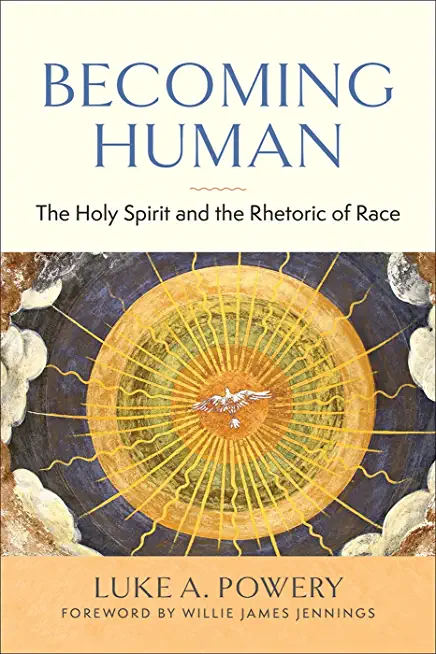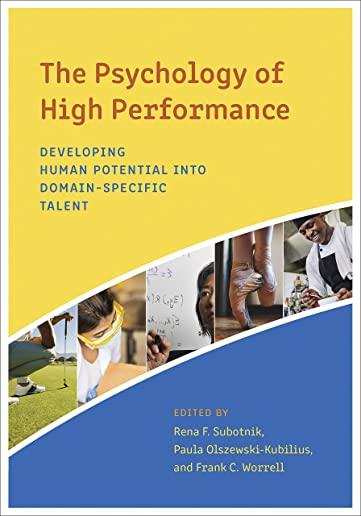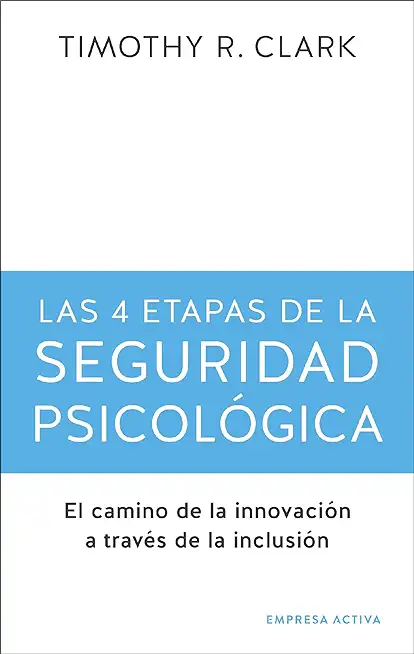
Sixty years ago, the political theorist Hannah Arendt, an exiled Jew deprived of her German citizenship, observed that before people can enjoy any of the "inalienable" Rights of Man--before there can be any specific rights to education, work, voting, and so on--there must first be such a thing as "the right to have rights." The concept received little attention at the time, but in our age of mass deportations, Muslim bans, refugee crises, and extra-state war, the phrase has become the center of a crucial and lively debate. Here five leading thinkers from varied disciplines--including history, law, politics, and literary studies--discuss the critical basis of rights and the meaning of radical democratic politics today.
member goods
listens & views

CONCERTO FOR VIOLIN & ORCHESTRA ...
by HARTKE / MAKARSKI / RIVERSIDE SYMPHONY / ROTHMAN
COMPACT DISCout of stock
$17.49






